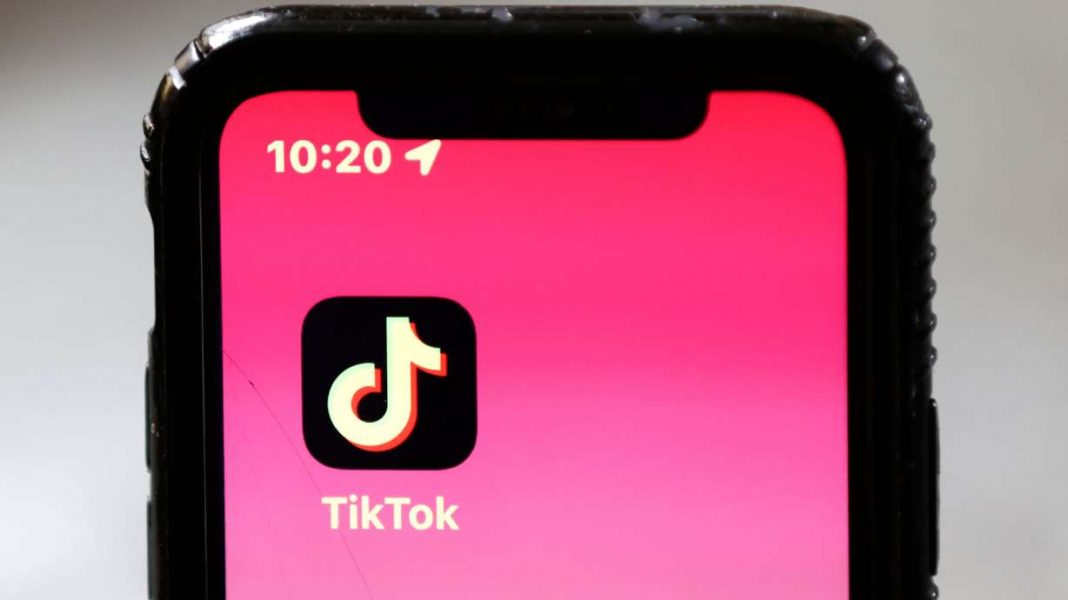WASHINGTON — The Senate is considering amending the bill that mandates TikTok to separate from ByteDance, potentially extending the timeframe for the compulsory sale to be completed.
In essence, the House of Representatives passed a bill that would compel TikTok to sever ties with ByteDance within a six-month period, failing which it would face a de facto ban. The bill could potentially affect more than just TikTok, as it empowers the executive branch to identify other companies that meet the specified criteria for posing a threat to national security and enforce a sale.
Sen. Maria Cantwell, D-Wash., expressed to The Wall Street Journal her openness to prolonging the timeframe stipulated in the bill, currently set at six months. This could “provide the opportunity to actually execute a transaction and perhaps achieve a bit more, not stability, but identify the appropriate divestiture,” she shared with the publication.
It remains uncertain how much the Senate’s version of the bill will deviate from the one the House passed earlier this year. The bill received bipartisan support, including from Utah’s House delegation, but has encountered more opposition in the Senate, with criticisms ranging from First Amendment concerns to issues regarding the amount of authority it would grant the executive branch.
As it currently stands, the House’s version of the bill would delegate authority to the executive branch to determine if an app poses a threat to national security based on certain criteria and enforce a sale of the app. Critics of the bill, including Sen. Mike Lee, R-Utah, have issues with this aspect of the bill.
Proponents of the bill have drawn parallels with other similar regulations.
FCC Chair Jessica Rosenworcel recently voiced her support for the bill, as reported by Deadline. “We don’t have jurisdiction over apps like TikTok,” Rosenworcel was quoted as saying. “However, what strikes me most is that for decades we’ve had policies in the Communications Act that would prohibit, for example, a Chinese national or a Chinese company from owning our nation’s broadcast television stations.”
“We would deem that unacceptable, correct?” Rosenworcel added. “I’d lose my job if I decided otherwise. Yet here we have something that’s arguably one of the newer forms of media and there is absolutely no oversight. I find that astonishing.”
TikTok itself is against the bill and previously told the Deseret News, “This will harm millions of businesses, deprive artists of an audience and ruin the livelihoods of countless creators nationwide.”
Unlike other attempts to regulate social media nationwide, this bill focuses on the issue of national security rather than mental health.
Politicians have been briefed about the potential national security threats in classified sessions, so the public doesn’t have a front-row view of the specifics of those threats. Axios reported on one such briefing where two senators, who were not named in the story, mentioned that what they heard involved how TikTok collects and processes user data.
The way TikTok manages data has been a focal point of the discussion and there are ongoing questions surrounding this issue.
TikTok executives proposed Project Texas, which would completely segregate U.S. data from the rest of the company to alleviate lawmakers’ concerns about how the company manages data.
“The crux of the matter is that this is American data, stored on American soil by an American company, supervised by American personnel,” TikTok CEO Shou Zi Chew testified before Congress. “This eliminates the concern that some of you have expressed to me that TikTok user data can be subject to Chinese law.”
As per The Wall Street Journal, as of January, “TikTok is struggling to fulfill those promises.”
The Journal reported that “managers occasionally instruct employees to share data with colleagues in other parts of the company and with ByteDance employees without using official channels, according to current and former employees and internal documents viewed by The Wall Street Journal.” Reportedly this data includes birthdates and IP addresses.
Former TikTok employees told Fortune that “at least some of TikTok’s operations were intertwined with its parent during their tenures, and that the company’s independence from China was largely superficial.”




I don’t think any changes are necessary at this point
I agree that some changes should be made to ensure the TikTok Bill is effective in protecting user data and national security.
I agree that the TikTok Bill needs to be carefully reviewed to address any potential loopholes or weaknesses in protecting user data and national security.